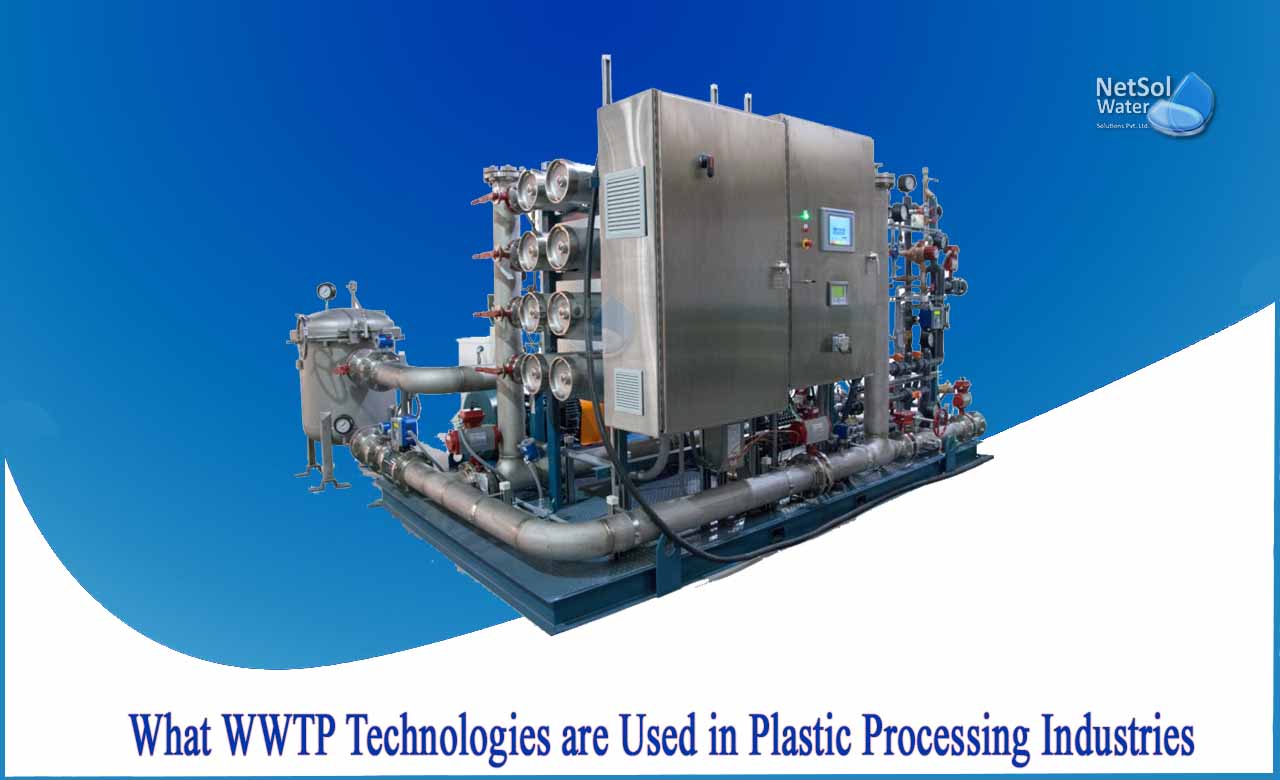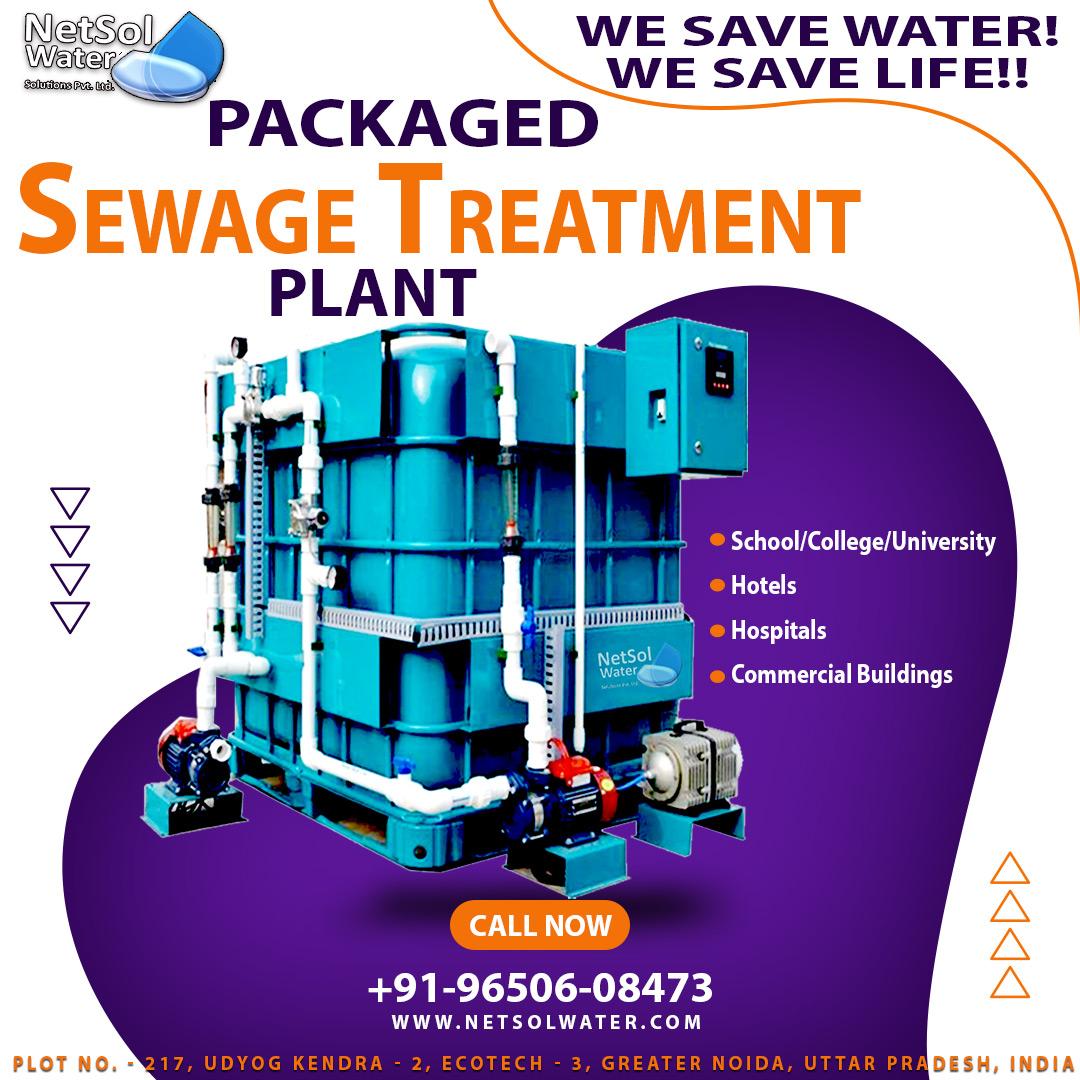What WWTP technologies are used in plastic processing industries?
Depending on the plastics treated, technological machinery for waste plastic processing may differ (e.g. PET, PP, HDPE, LDPE etc.). The focus of this article is on wastewater treatment methods in plastic processing industries.
Methods employed_ An overview
Coarse Screening
Coarse screening with apertures of 10 to 50mm could be used in the first phase. The debris that is retained is usually very contaminated and will eventually end up in a landfill. A rotary drum screen with substantially smaller apertures should be used in the second phase to catch any particles larger than 1 to 10mm.
Grit removal
The machines must cope with dust, sand, gravel, and other contaminants because the plastic garbage travelled a great distance through several sites with various sorts of pollutants. Sand-based solid removal technology should be used in the next stage.Sand catchers are sophisticated devices that are easy to put together. It is up to the investor to decide which device to use based on its benefits and drawbacks.To partially dewater the grit, we recommend utilising a device for the held material and sand with a press action. The grit can then be readily handled and stored.
The technology's heartbeat
A device for separating insoluble’s lies at the heart of the technology. For its lower space needs, a normal sedimentation or a sedimentation with plates can be designed. Floatation is another option, having the benefit of controlling sludge density and thereby reducing it. Chemical dose is required for all of these devices.
Coagulants and flocculants are the first class of chemicals, and they turn insoluble materials into compact flocks, improving their characteristics and speeding up the separation process.
Acids and alkalis make up the second group, which are used to change pH levels. This step is critical for narrowing the pH range and fitting the flocculants within a smaller interval.
After treatment, the water can be discharged into the public sewage system with 90 percent of insoluble solids removed and 30 percent of organics (COD) eliminated.
Processing of sludge
Sludge management is the final topic to be discussed.
Sludge is a by-product of sewage treatment that contains the contents of the insoluble’s that were removed. Its quality is determined by the technology used (e.g. sedimentation, flocculation etc.)
The concentration of sludge might range from 10 to 60 g/L. Export is a viable option for disposing of such liquid waste. Its high volume is a disadvantage. In practise, a separate equipment is utilised to dewater the sludge, lowering its concentration to 150-300 g/L and turning it into a solid material.
To give you a clearer notion of the scale, the generation of insolubles per tonne of treated plastic is around 22kg. This indicates that processing 100 tonnes of plastics each day results in the production of 2.2 tonnes of insolubles. This equates to around 145-240m3 of liquid sludge or 11m3 of sludge dewatered using a separator, belt press, or other methods.
Total dissolved solids with concentrations of 5 to 8 g/L are the primary constituents of wastewater generated from plastic processing sectors. Screening, sand catcher, flotation or sedimentation, and a method to thicken the resulting sludge should be the key technologies employed in wastewater treatment plants.
For installation or manufacture of waste water related products, contact Netsol Water.




